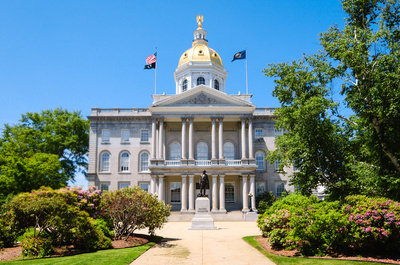
Health Care & Wellness
Alcohol Legislation Takes A New Turn: Canned Cocktails, Direct-to-Consumer Shipping, and More
February 12, 2026 | Kerrie Zabala
October 1, 2025 | Maggie Mick
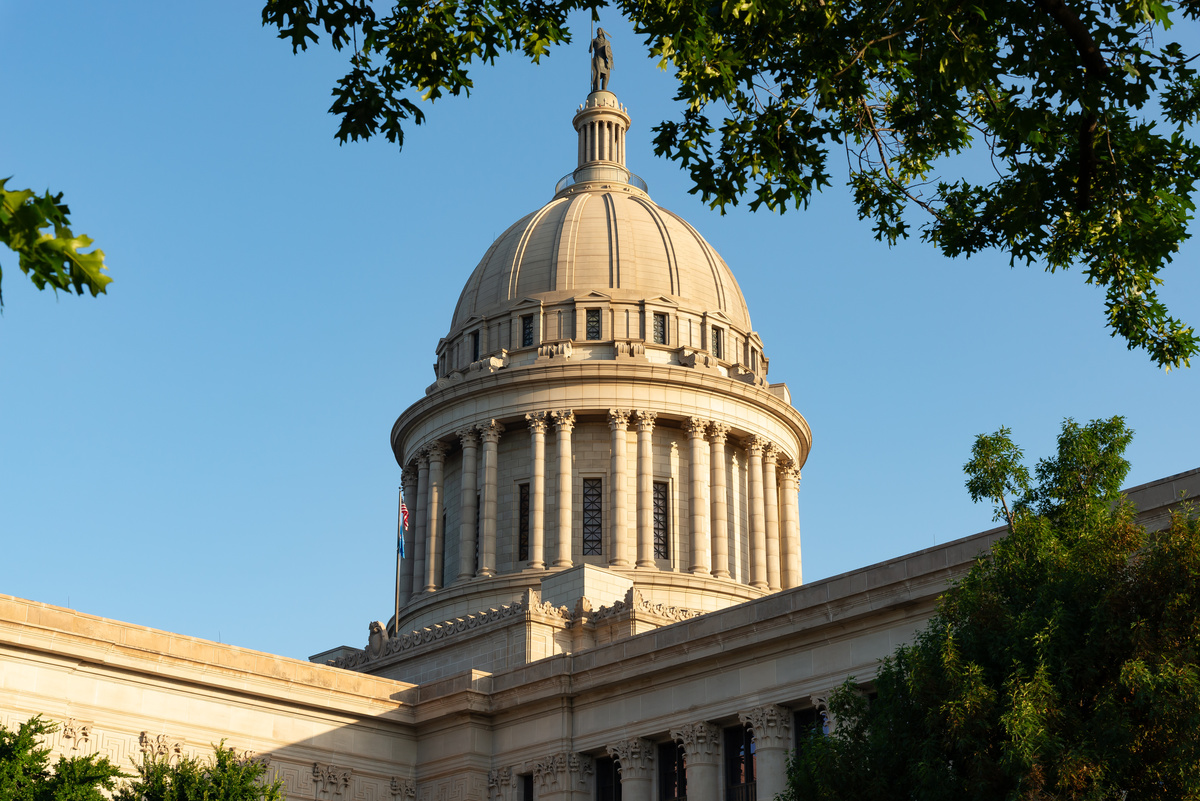
Key Takeaways:
Recently, the Make America Healthy Again Commission released the Make Our Children Healthy Again Strategy, a sweeping plan with more than 120 initiatives to address America’s childhood chronic disease epidemic. The strategy outlines targeted executive actions to advance science, realign incentives, increase public awareness, and strengthen private-sector collaboration. Yesterday, U.S. Rep. Mike Lawlor introduced H.R. 5404 to codify Executive Order 14212, relating to establishing the President's Make America Healthy Again Commission. No text is yet available.
As is often the case, states did not wait for Congress or the Commission’s report to begin working on these issues identified by the Administration during last year’s presidential campaign. Beginning next year, SNAP benefits will not apply to products deemed as “unhealthy” in Arkansas, Idaho, Iowa, Indiana, Nebraska and Utah with a slew of other states considering the legislation. Several states have established study commissions or special committees to examine the chronic disease public health crisis in their respective states by aligning medical, nutritional, agricultural, educational, and environmental policies.
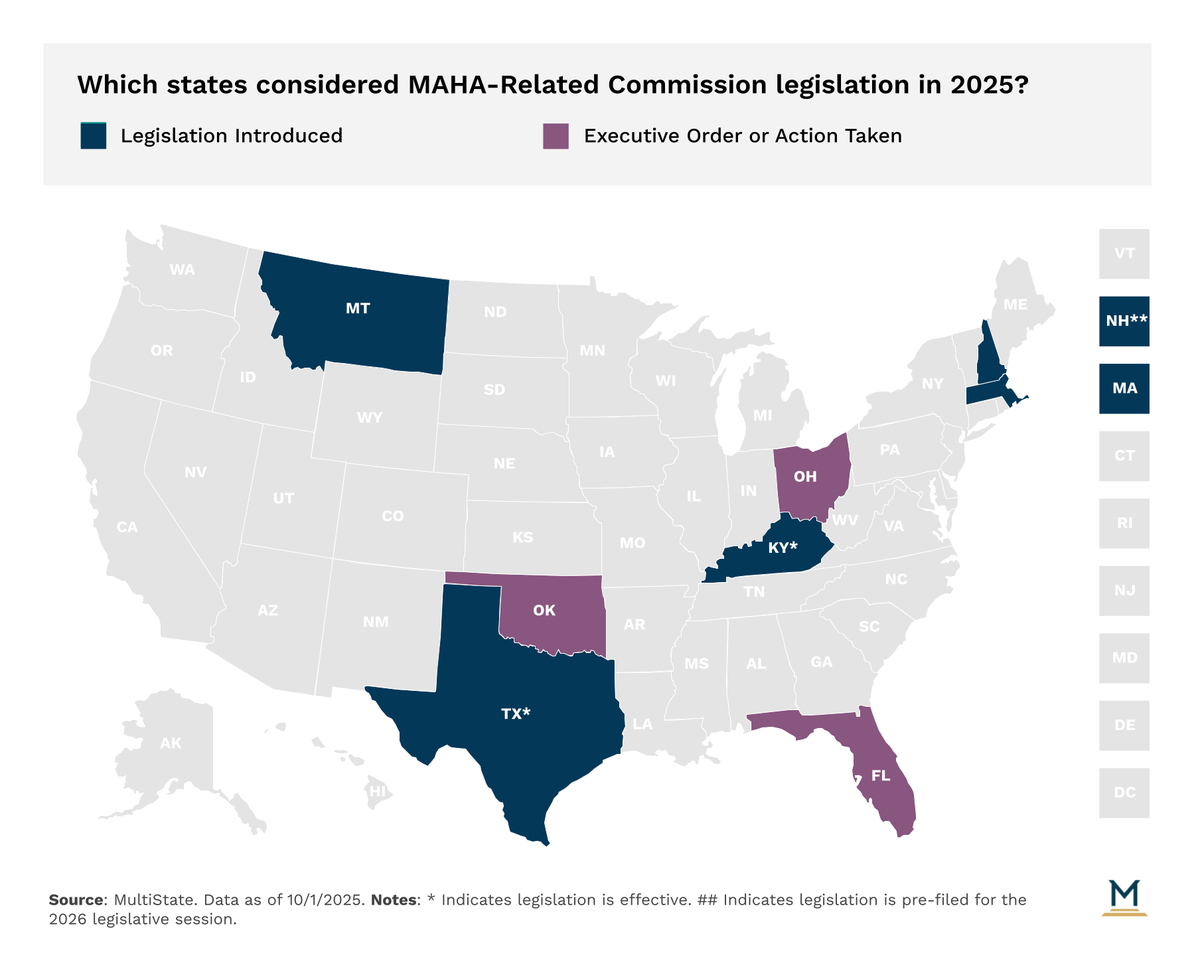
Nationally, we have seen a flurry of non-partisan policymaker groups and partisan committees feature MAHA sessions and we’ve recapped those conversations and activities below.
At RAGA’s Fall Meeting on September 10-12, U.S. Health and Human Services Secretary Robert Kennedy, Jr. addressed Republican attorneys general and other stakeholders. While his remarks were intended to focus on Administration's MAHA agenda, much of his talk was on the late Charlie Kirk as the conservative political activist was assassinated on the first day of the meeting. While his abbreviated remarks did touch on vaccines, fluoride, the Centers for Disease Control and pharmaceutical drugs, the fact that Sec. Kennedy addressed this state official constituency on these issues is relevant to note for clients.
At the NGA Summer Meeting on July 26-27, Secretary Kennedy addressed the governors during a plenary session. The conversation is wide ranging and heralded the Administration’s work with governors and states on the Make America Healthy Again agenda. You can watch it here. In addition, the NGA Center for Best Practices Health Team (NGA Health), with funding supported by the Health Resources and Services Administration (HRSA) of the U.S. Department of Health and Human Services (HHS), launched the Rx for a Healthier America Initiative in June 2025 to support Governors’ efforts to reduce the incidence of chronic disease through the pillars of lifestyle factors, nutrition, environmental exposures, and quality healthcare access. For more information: Rx For a Healthier America Policy Academy - National Governors Association.
DAGA’s Policy Conference in May featured a panel on “New Legal Frontiers in Food Policy.” Panelists included Peter Lurie, the President of the Center for Science in the Public Interest, a group that has actively sought the ban of artificial food coloring and other food ingredients it deems harmful. Maine Attorney General Aaron Frey likened the AG community’s current focus on food additives to the “tobacco playbook.” He pointed to the theory that food companies have been using additives to increase profits and to specifically target children, while ignoring science that shows the associated harms. AG Frey signaled that such conduct could yield the next big bipartisan multistate investigation into whether certain brands have violated states’ Unfair or Deceptive Acts or Practices laws in marketing their products to consumers.
NCEL will host a Plastics Bootcamp in the fall. At last year’s National Summit in Louisville, NCEL included a focus on microplastics and their impact on human health and environment.
For the 2025-26 biennium, the CSG Midwest Great Lakes-St. Lawrence Legislative Caucus is focusing its annual Institute on "Emerging Contaminants: PFAS and Plastic." The GLLC met in Great Bend, Indiana, Sept. 15-17. You can view the agenda here.
At ALEC’s Annual Meeting in Indianapolis, July 16-18, the Health and Human Services Task Force was joined by the U.S. Health and Human Services Office of Intergovernmental Affairs’ Darcie Johnston, principal deputy director, who reported on the Administration's Make America Healthy Again agenda including state visits by Sec. Kennedy to West Virginia, Utah, Arizona, Indiana, Oklahoma and Louisiana.
At NCOIL’s April meeting, Sec. Kennedy unveiled a pilot alternative payment model that would provide coverage for gene therapy treatment of sickle cell disease under the Administration’s Make America Healthy Again agenda. Notably, the Secretary specified that this was made possible through agreement reached with drug manufacturers. It’s a model that the Secretary notes 35 states have already applied for and would be run out of the Centers for Medicare & Medicaid Services (CMS) Innovation Center. The Secretary also announced the intent of Medicaid to begin covering embryo preservation with the intent to ensure more individuals had access to in vitro fertilization services. On the latter, more information is needed to understand how such coverage would work but may be an optional covered benefit for states.
With Make America Healthy Again a fixture of President Trump's second term in office, states have rapidly adopted pieces of the MAHA agenda. As organizations and companies prepare for 2026 legislative sessions, the MultiState team has compiled a State MAHA Toolkit to include:
Everything can be found on this page. Be sure to bookmark it, as we continue to add additional resources and update these resources as more information becomes available. If you are interested in increasing your monitoring of MAHA activities and efforts around the country, please contact us.
MultiState's Stakeholder Engagement Practice helps clients develop a strategic plan for engaging with policymaker and policy influencer organizations — groups that can move the needle in policy discussions across the country. Any effective state government relations strategy includes a comprehensive plan for engaging with the policy community. Navigating with these organizations can be overwhelming due to their size and the sheer volume of groups to consider for engagement. With leadership changes and new staff, it can be that much more difficult. Read more about our Stakeholder Engagement practice here to learn more about how we can engage and activate stakeholders to support your advocacy agenda.

February 12, 2026 | Kerrie Zabala
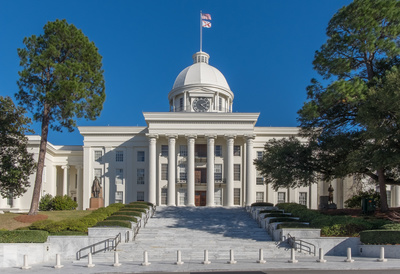
February 5, 2026 | Geoff Hawkins
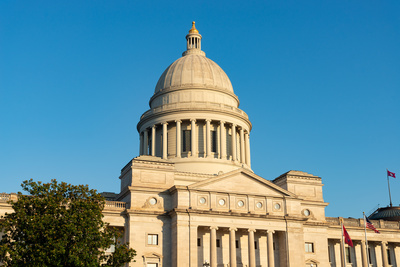
January 27, 2026 | Lisa Kimbrough